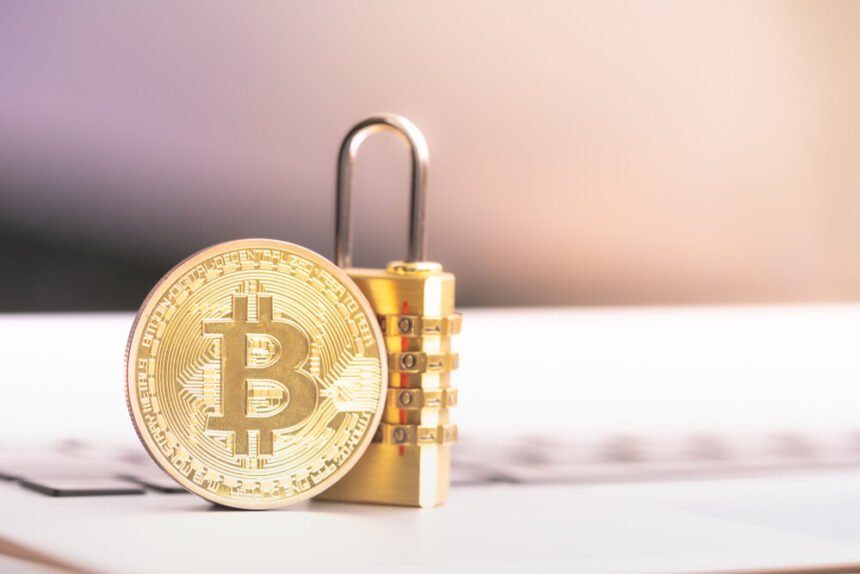We live in the age of the cryptocurrency craze, which has brought on a new level of complexity to cybersecurity. Keeping your digital coin on a cryptocurrency exchange does provide a more palpable quality to dealing with crypto because it keeps the liquid cash within hand?s reach, but this is not necessarily the safest move you could make. Thankfully, there are several viable methods you could use in order to properly protect your data on a crypto exchange.
Information is the most valuable commodity
If you?re eager to deal with cryptocurrency, you have to stay on the bleeding edge of the latest topic updates. In a digital environment that?s continuously transforming at a dizzying pace, it?s crucial to stay informed, and you can track the news here. Information is the most valuable commodity, and knowing the right information makes the difference between a safe investment and a risky one. That is, after all, what articles like this one are all about. Keeping up to date on all the latest crypto information will prevent you from falling into phishing traps.
The points of hacker focus
Naturally, since valuable cryptocurrency flows through exchange services, these so-called ?HoneyPots? are an appealing potential target for hackers around the world. That being said, they will predominantly focus on the most productive exchanges that deal with a large number of funds. This is where cold wallets come into play ? and you should definitely distinguish between exchange services based solely on the fact whether they offer this service. They keep your funds offline, which renders them foolproof for hacking.
Precautions to take
Overall, it?s a wonderful option if you?re a day-trader. But if you?re an investor, you should consider getting an official hardware wallet (like Ledger Nano S or X) and make sure that there is not a single ?coin? left hovering online once you?re done with your business for the day. Additionally, in an environment that sees new exchange services emerging on a weekly basis, acquiring at least several exchange accounts makes for a sound strategy. It might be a challenge to track all of the information at such a pace, so you should create a spreadsheet where you can list your password changes. Keep that spreadsheet offline. Creating a different password for each of the exchanges is also a good practice. This significantly reduces the chances of being hacked. Also, you might want to start logging into websites with links that begin with https://. This is the encrypted variant of the HTTP protocol, and it should prevent the detection and capture of data that is streaming from your computer. You can rely on browser extensions such as ?HTTPS Everywhere?. If you?re using a public WiFi for your crypto-related activities, you should also employ strong encryption such as WPA3 protocol. This, combined with a 2FA logging option, will have you covered. 2FA, an abbreviation of Two-Factor Authentication, grants you with a disposable code for the given purpose. This, coupled with established security questions, should do the trick. It is one of the most common and reliable methods to add extra layers of security to your account. Lastly, don?t forget to set up automatic log-out on all browsers and all devices!
Conclusion
If you are carefully considering your cryptocurrency options, scrutinize for the ones that boast tightest security measures. One of the upsides of the Internet is its transparency, enabling us to verify the reliability of information or services. Use this double-edged sword to your advantage and check if the crypto exchange service has a sound reputation before you even venture to verify their other features.

